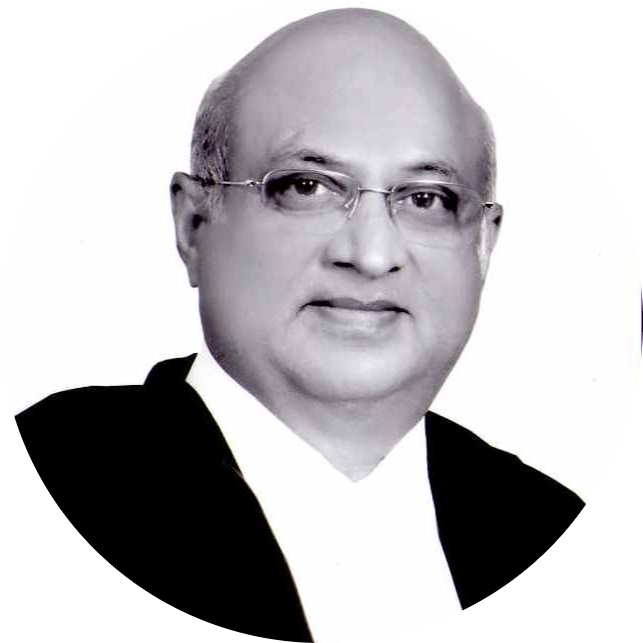Tamil Nadu MLA Suspension
Alagaapuram R. Mohanraj v Tamil Nadu Legislative Assembly
The court held that the internal proceedings of legislative bodies can be set aside for violation of the principles of natural justice.
Decided
Parties
Petitioner: Alagaapuram R. Mohanraj
Lawyers: Anil Kumar Mishra
Respondent: Tamil Nadu Legislative Assembly
Lawyers: B. Balaji
Case Details
Case Number: WP (C) 455/2015
Next Hearing:
Last Updated: December 15, 2021
Key Issues
Does the suspension of the MLAs violate their fundamental rights under Article 19, i.e. right to freedom of speech and right to freedom of occupation?
Does the suspension of salaries and benefits attached to the membership of the House amount to a violation of the right to life under Article 21?
Have the right to equality and principles of natural justice under Article 14 been violated due to the unfair procedure adopted by the Privileges Committee?
Case Description
In February 2015, several members of the Tamil Nadu Legislative Assembly allegedly resorted to unruly conduct while the session was in progress. Consequently, the Speaker passed an order suspending nineteen Members of the Legislative Assembly (MLAs) of the Desiya Murpokku Dravida Kazhagam (DMDK) Party for the rest of the Session, for breaching the privilege conferred by the House. The Privileges Committee, which oversees the privileges of the members and examines breach of those privileges, looked into the suspension and recommended that six of the nineteen members, including Mr Alagaapuram R. Mohanraj, be suspended from the Assembly. Consequently, they were suspended for the remainder of the session and for 10 days of the next Session. They were also denied their salary and other incidental benefits during their suspension.
Mr. Alagaapuram and five of his suspended colleagues filed a writ petition before the Supreme Court against this action.
The MLAs contended that their suspension and denial of salaries violated their fundamental right to speech [Articles 19(1)(a)], freedom of trade and occupation [19(1)(g)], and right to life [Article 21]. They also argued that denial of access to the evidence that was relied on for the suspension violated the principle of natural justice under Article 14. The MLAs argued that the suspension prevented them from participating in the proceedings, which violates their freedom of speech under Article 19(1)(a). On Article 19(1)(g), the MLAs contended that their suspension violates their fundamental right to carry on an occupation and the term “occupation” has to be given the widest amplitude to include the office of a Member of Legislative Assembly. Further, the MLAs argued that deprivation of salaries and allowances due to suspension violated their Right to Life under Article 21.
The court held that the freedom of speech is not absolute, and curtailment of speech due to suspension from the legislature falls within reasonable restriction. With respect to freedom of occupation, the court held that only those activities fall under ‘occupation’ which generate economic benefits, which is not the case here. The court accepted that the principles of natural justice under Article 14 were violated here and held that this constituted sufficient grounds for judicial review of internal proceedings of the legislative bodies.


